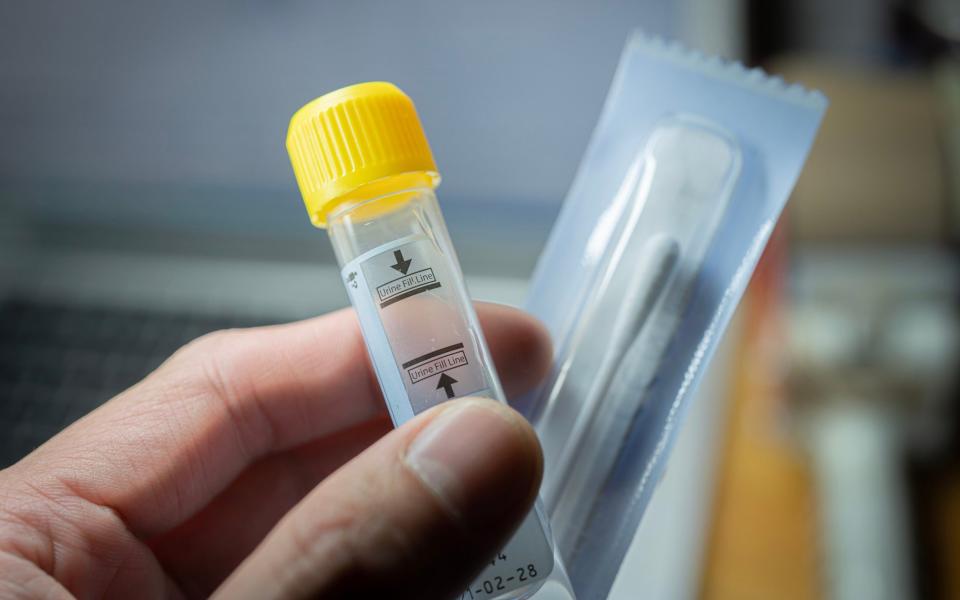Gonorrhoea cases in England reach an all-time high

Cases of gonorrhoea in England have risen 50 per cent in a year to reach an all-time high.
New figures from the UK Health Security Agency (UKHSA) show that cases of the sexually transmitted infection are at their highest since records began in 1918.
Meanwhile, the number of cases of syphilis diagnosed in England has reached the highest level since just after the Second World War.
The statistics show gonorrhoea diagnoses rose to 82,592 in 2022, an increase of 50.3 per cent compared to 2021.
Among those aged between 15 and 34, around 45 per cent of cases involved gay and bisexual men, with 33 per cent of cases involving heterosexual men and 22 per cent involving heterosexual women, the figures show.
Officials advise tests at least once a year for sexually transmitted infections and HIV for anyone having sex without a condom, with new or casual partners.
Gay and bisexual men are advised to have tests for HIV and sexually transmitted infections every three months if having condomless sex with new or casual partners.
‘Testing is important’
The figures show infectious syphilis diagnoses increased by more than 15 per cent to 8,692 in 2022, the largest annual number since 1948.
Health chiefs said those aged between 15 and 24 are the most likely to be diagnosed with sexually transmitted infections.
People aged 15-24 remain most likely to be diagnosed with STIs.
Though STIs are usually easily treated with antibiotics, many can cause serious health issues if left untreated.
Chlamydia and gonorrhoea can cause infertility and pelvic inflammatory disease, while syphilis can cause serious, irreversible and potentially life-threatening problems with your brain, heart, or nerves.
Dr Hamish Mohammed, consultant epidemiologist at the UKHSA, said: “We saw more gonorrhoea diagnoses in 2022 than ever before, with large rises, particularly in young people.
“STIs aren’t just an inconvenience – they can have a major impact on your health and that of any sexual partners.
“Condoms are the best defence, but if you didn’t use one the last time you had sex with a new or casual partner, get tested to detect any potential infections early and prevent passing them on to others.
“Testing is important because you may not have any symptoms of an STI.”
Increasingly resistant to antibiotics
While the increase in gonorrhoea and syphilis diagnoses will in part be due to increases in testing, the scale of the increase in diagnoses strongly suggests that there is more transmission of STIs within the population, said experts.
Health chiefs warned that gonorrhoea is becoming increasingly resistant to antibiotics and at risk of becoming untreatable, making early testing and diagnosis vital.
Richard Angell, chief executive of the Terrence Higgins Trust, said: “Today’s significant rise in sexually transmitted infections is a worrying testament to the fact that there is no vision or ambition for improving sexual health in England.
“We’ve seen cuts where we need to see investment. This has reduced our sexual health services to a minimal disease management process.
“This cannot continue. If this were any other set of health conditions, there would be outcry and we’d see rapid action and much-needed funding.”
Cllr David Fothergill, chairman of the Local Government Association’s Community Wellbeing Board, said: “These new statistics continue to show that local council-commissioned sexual health services are at risk of breaking point, with rising demand coming at the same time as real-terms cuts to funding.

 Yahoo News
Yahoo News 